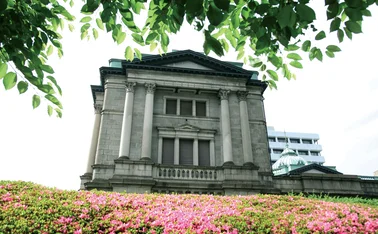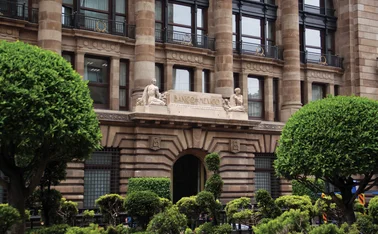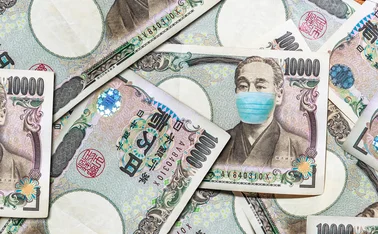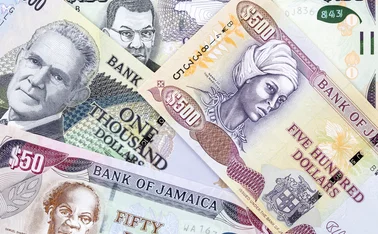
Masaaki Shirakawa on lessons from crisis and how to reform central banks
Former governor reflects on a turbulent 40 years at the Bank of Japan

Looking back at the boom of the 1980s and the subsequent crash, how important was that in shaping your thinking as a central banker?
The boom in the 1980s and the aftermath profoundly affected my thinking, not only on monetary policy, but also on the role of central banks and the relationship between a central bank and democracy or society.
I learned so many lessons, four in particular. First, bubbles will happen. It sounds like stating the obvious today, but 40 years ago, I was not thinking they
Only users who have a paid subscription or are part of a corporate subscription are able to print or copy content.
To access these options, along with all other subscription benefits, please contact info@centralbanking.com or view our subscription options here: www.centralbanking.com/subscriptions
You are currently unable to print this content. Please contact info@centralbanking.com to find out more.
You are currently unable to copy this content. Please contact info@centralbanking.com to find out more.
Copyright Infopro Digital Limited. All rights reserved.
As outlined in our terms and conditions, https://www.infopro-digital.com/terms-and-conditions/subscriptions/ (point 2.4), printing is limited to a single copy.
If you would like to purchase additional rights please email info@centralbanking.com
Copyright Infopro Digital Limited. All rights reserved.
You may share this content using our article tools. As outlined in our terms and conditions, https://www.infopro-digital.com/terms-and-conditions/subscriptions/ (clause 2.4), an Authorised User may only make one copy of the materials for their own personal use. You must also comply with the restrictions in clause 2.5.
If you would like to purchase additional rights please email info@centralbanking.com








